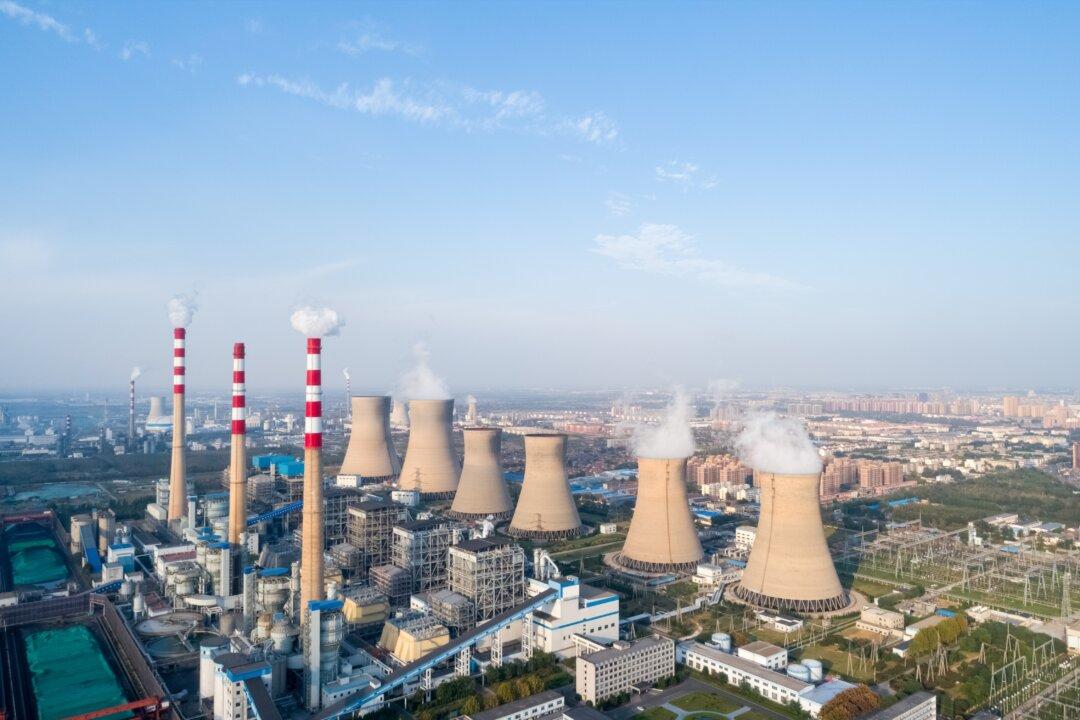The Earth is on its way to exceeding the Paris Agreement’s targets of 1.5 degrees to 2 degrees Celsius warming above pre-industrial levels, the U.N. Framework on Climate Change (UNFCC) says its synthesis report detailing nationally determined contributions to meeting targets for reducing greenhouse gas emissions.
U.N. Secretary-General António Guterres said in a Sept. 17 statement that the report “shows that the world is on a catastrophic pathway to 2.7-degrees of heating.”





